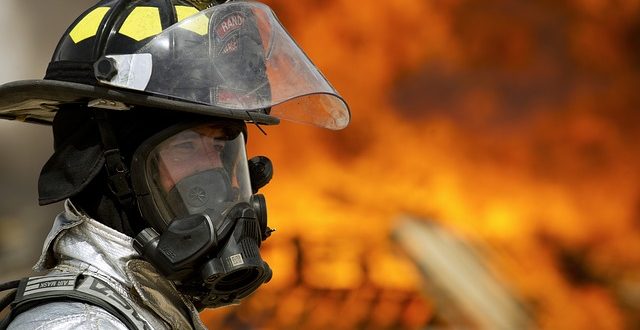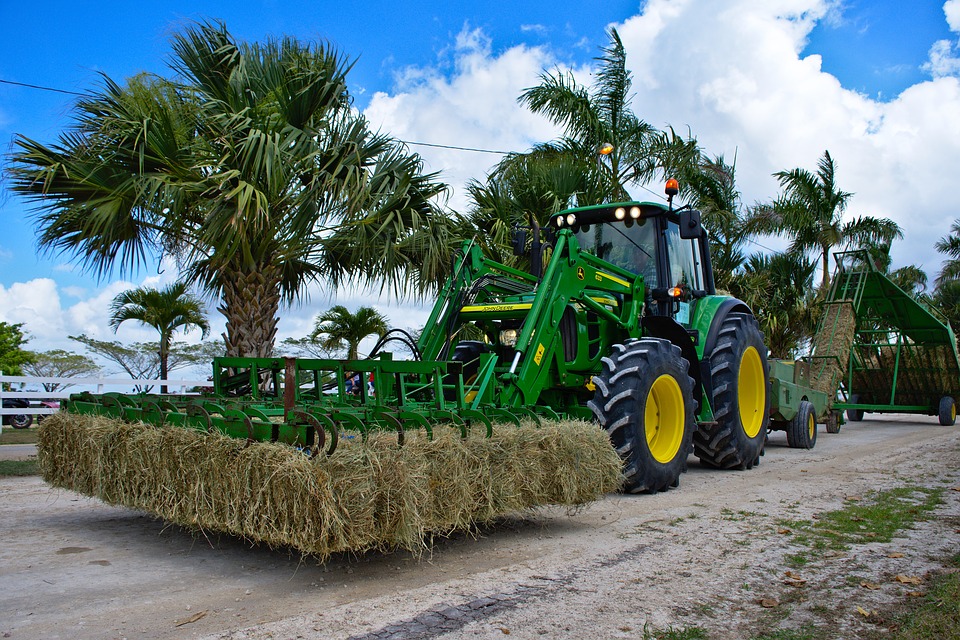OK, so it’s true that any one of us could succumb to a fatal accident at a job most consider safe. However, for the most part, if we follow the rules and are careful, we can work safely and come home unscathed at the end of the day. That said, there are some jobs out there that don’t quite fit that description. In fact, there are men and women who risk their lives every day they arrive at their jobs. And, we should thank them for doing it. After all, it takes a special person to knowingly risk everything for any reason. Here are some of the most dangerous occupations.
#1: Soldier/Military
Obviously, there are more jobs in the military than I can list here. Some of those jobs are completely benign in nature, such as desk jobs and administrative positions. That said, joining the military and staying in isn’t an easy task. Every one of them had to go through a grueling training period that has taken out some fine men and women via accidents, illness, or serious injury.
Soldiers and sailors who sign up for positions that require deployment into war zones and fierce situations face threats to their lives every day. In some cases, these brave ones never return from the battlefield. This is a story that WW2 veterans would tell you about losing friends on the battlefield. How many WW2 veterans are still alive? Not many, but some have shared their experiences with family or even written their memoirs. So, we know it wasn’t a pleasant experience or a safe one.
Fortunately, soldiers and sailors are more equipped with better gear, knowledge, and weapons than they were all those years ago. Nevertheless, being a soldier is one of the most dangerous occupations in the world. And, they aren’t exactly walking away with some great financial benefit for doing this job. Soldiers only make about $20,000 a year, though, they do get other benefits like housing, food, education, medical, and other misc. things.
#2: Firefighter/Rescue Personnel
When there is a tragedy, such as a fire or natural disaster, we run away in hopes to get to safety. However, firefighters and rescue personnel run right into danger, risking their lives for the safety of those who live in their communities. Even though these professionals are thoroughly trained to battle even the most diverse situations, bad things happen. The truth is, any first responder, whether it’s fire, EMT, police, or volunteers, there is instant danger of injury, illness, or even death. You might be shocked to know that a firefighter makes less than $50,000 a year. Doesn’t seem like much for the risks they take. An EMT makes about $33,000 a year, while a paramedic can walk away with up to $70K, depending on the area and the job.
#3: Construction Worker
Working in construction is another occupation that comes with a higher risk of injury and death on a daily basis. This is more true for road workers and those who work on high buildings. Though various positions are more susceptible to some injuries, any construction zone can have hazards. Some are obvious, while other dangers may not be, like chemical spills, electrical storms, vehicular accidents, and disgruntled employees. While project managers likely make a lot more, construction workers average about $34,000 a year.
#4: Farmer/Farm Worker
OK, we know what you’re thinking. Is agriculture really such a super dangerous profession? The answer is, yes! Farmworkers drive enormous vehicles and operate equipment that could kill you in an instant if things went wrong. Additionally, they are prone to environmental dangers, such as storms, heat, or even tornadoes. There is also a risk in working with livestock, as they can carry disease and become violent if they feel threatened. While farmers, ranchers, and some managers make an average of $66,000 a year, unfortunately, workers usually make a minimum wage.
#5: Loggers
Working in the logging trade is also quite dangerous and poses life-threatening risks at times. Of course, it requires a lot of physical strength and mental endurance to do this job. The risks include falls, trees falling, equipment malfunctions, weather, exposure to extreme heat or cold, wild animals, etc. I’m not sure if the average pay of about $40,000 a year is worth the risk.
 Women's Life Link Be Well, Be Happy, Be YOU!
Women's Life Link Be Well, Be Happy, Be YOU!







